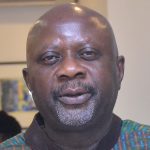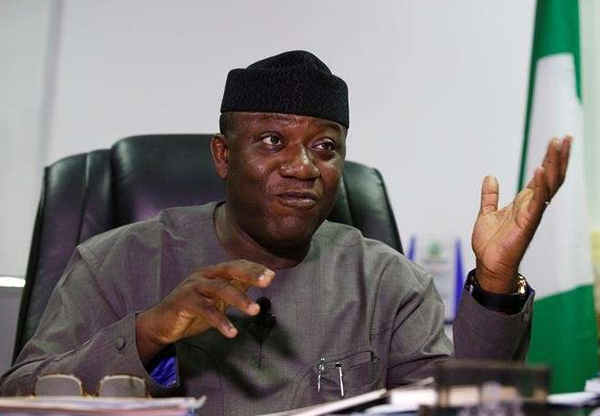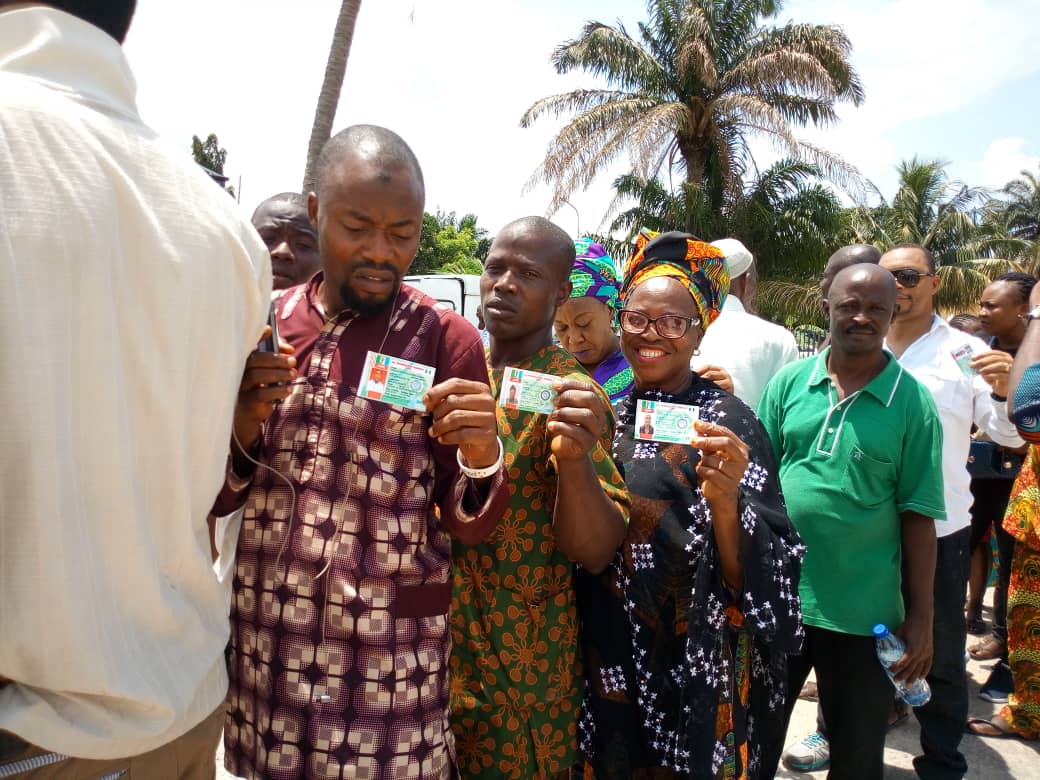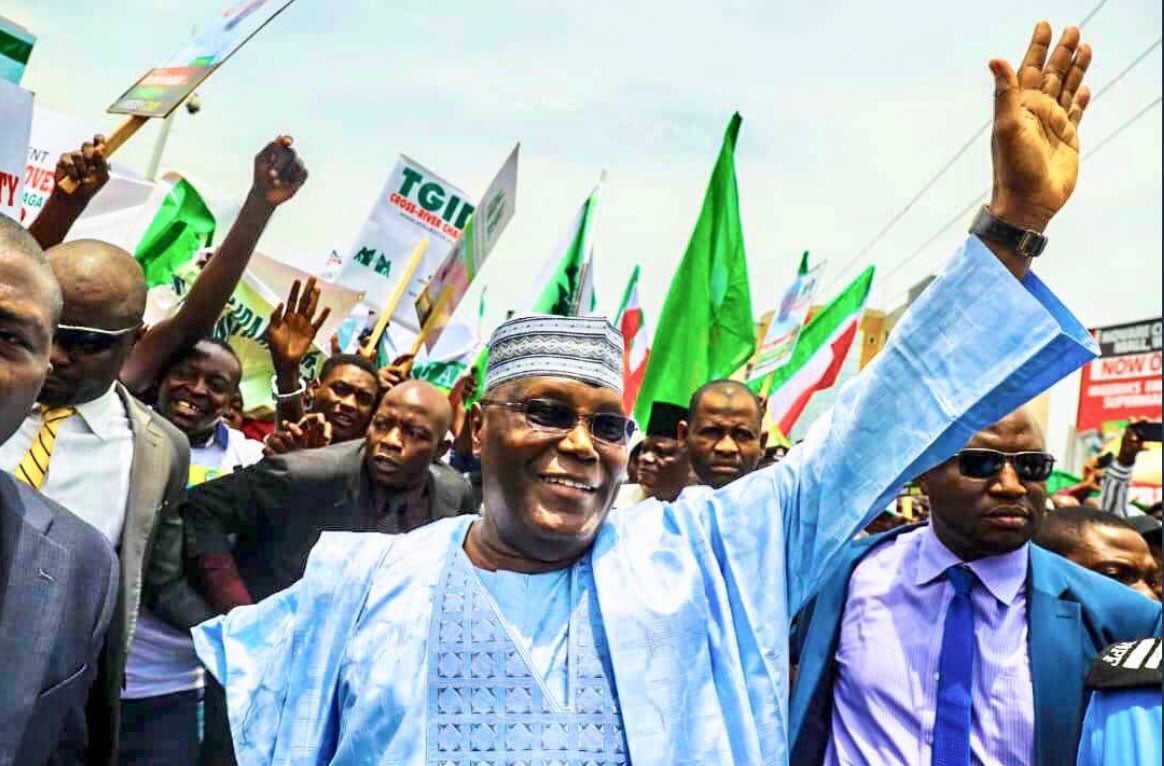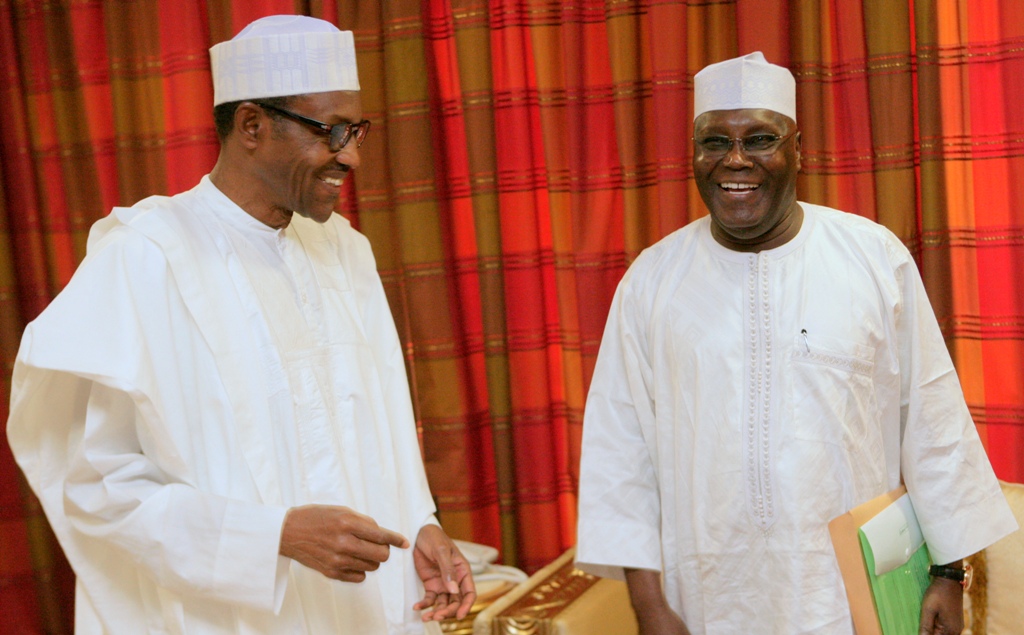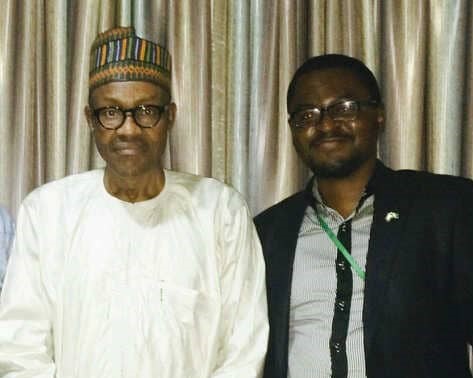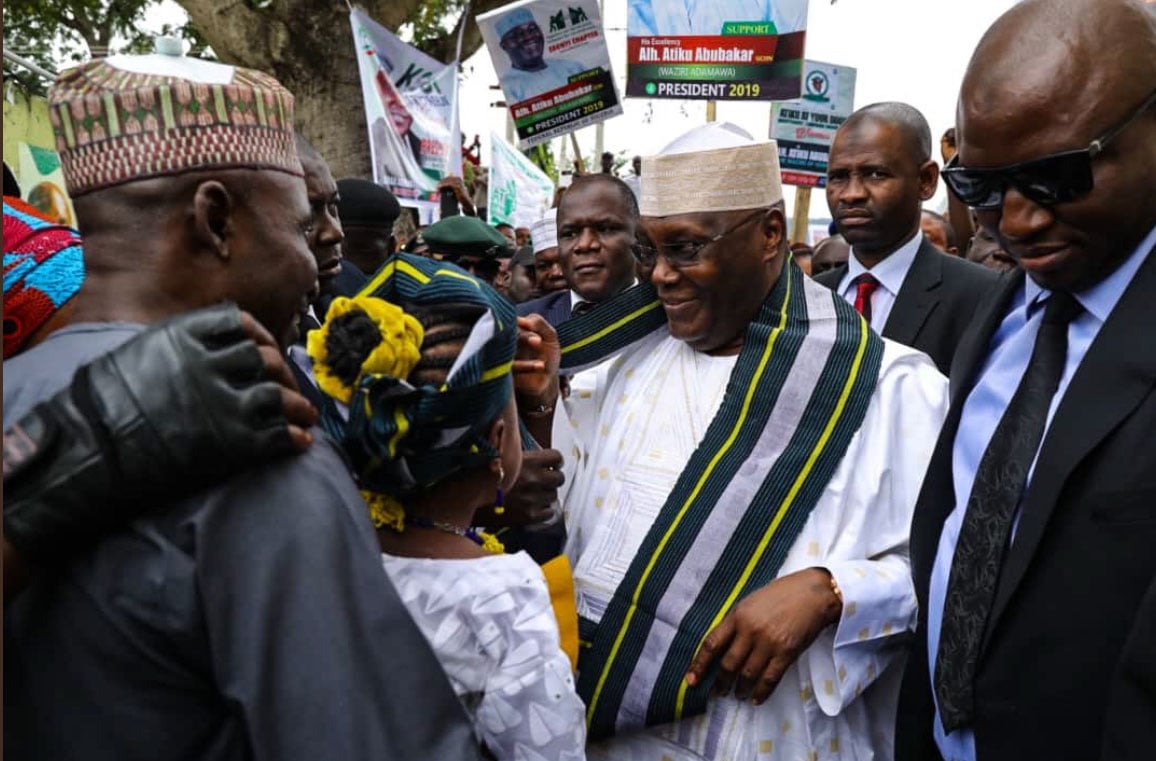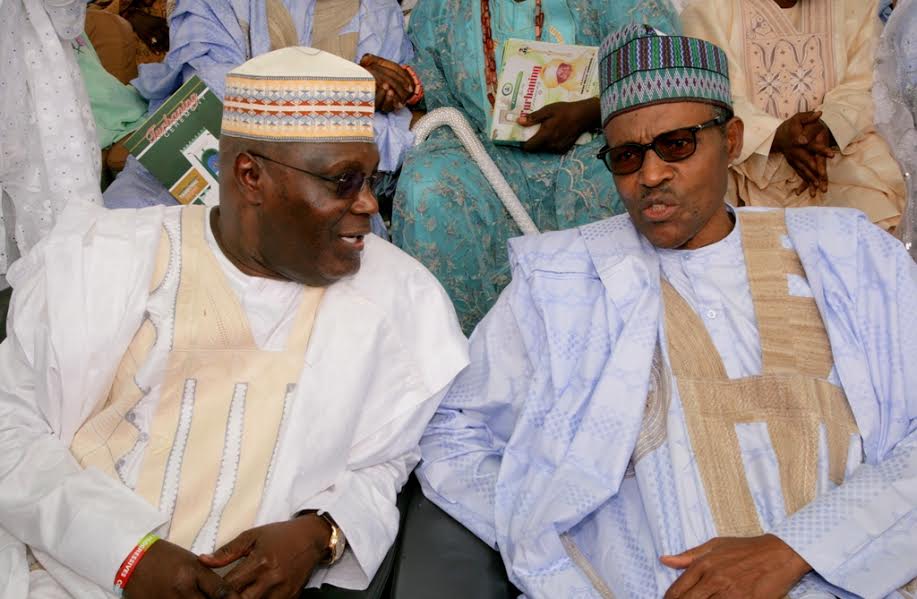After several months of painstaking deliberations and presentation of policy options and roadmaps by some of the finest public intellectuals, entrepreneurs of repute, eggheads in academe and government officials of the Southwest geo-political extraction, the Development Agenda for Western Nigeria (DAWN) Commission was birthed by the Governments of Southwest States of Nigeria in July 2013.
With the inordinate support of the Ekiti State government of Dr. John Kayode Fayemi then, what is now known as the DAWN Commission became the “institutional and programme management body” that now midwifes the Regional Economic Integration agenda of the Southwest governments has now been replicated by governments in other geo-political regions to drive their integrative economic initiatives. The Commission, in addition,is also a “dedicated coordinating agency, fully empowered by the Governments to ensure the delivery of the composite development aspirations of the region” to fast-track, most especially, the economic wellbeing geared towards higher quality of life and standard of living for the people of the Southwest geo-political zone.
While the Commission should be given plaudits for several innovative wealth-creation and employment-generation programmes in its short history either in its individual capacity or in partnership with the Governments of the Southwest region, most specifically its strategic collaboration with the ubiquitous and time-tested O’dua Investments Group established by the region’s late sage, Chief Obafemi Awolowo, it also bears mentioning that DAWN Commission have suffered institutional incapacitation in the hands of some of the same governments whence its sustenance was derived. The Commission have not soared as it should have in view of the robust and creative intellectual paradigms under which it was set up not only because of the region’s still woolly and unstable political environment that throws up, intermittently,State Executives that lacks the presence of mind to understand the imperatives of the Commission, but also due to excessive and needless politics that leaves hardly any room for them to focus on results-driven governance.The Commission, therefore, can be said to be one of those jointly created institutions of governments that is bound to become a casualty when governments are not of the same ideological/political persuasion.
So, when the governor-elect of Ekiti State, Dr. Kayode Fayemi joined other well-wishers in congratulating the governor-elect of the State of Osun, Alhaji Gboyega Isiaka Oyetola of the All Progressives Congress (APC) in which he said that the “Southwest regional integration and development agenda will now become a reality, with all the attendant benefits for the people of the geo-political zone,”it was not only a reminder that the Commission should be revitalized, but also a clarion call to his soon-to-be-colleagues that the economic integration agenda should be seen as the fastest way to ensure economic regeneration with its inevitable attendant job creation for the teeming youths of the geo-political region. It was a policy statement that the regional economic integration agenda would be an important component of his coming administration in reclaiming the land that has been deliberately, if not criminally made desolate in all socio-economic indices under Governor Ayo Fayose. Probably embedded in the statement was also not only an indirect expression of disappointment due to reversals of the many economic benefits that accrued particularly to Ekiti State from the Commission in Fayemi’s first coming, as exemplified by the Ire Burnt Brick Factory at Ire-Ekiti and the Entrepreneurial Training Institute in the state capital, among others,through the instrumentality of the O’dua Investments Group, but the fact that the Governments of Southwest States may have been punching below their weights when it comes to taking advantage of the tremendous economic opportunities that the Commission had earmarked for quick revitalization of their states’ economies and consequently that of regional economy.
Advertisement
It is perhaps an auspicious time in view of the coming general elections which will usher in a new set of states’ Chief Executives to have a holistic and comprehensive appraisal of the Commission vis-à-vis the regional economic integration agenda and its seeming institutional incapacitation. While it has been argued that it is not necessary nor important for the governments of the region to belong to the same ideological/political persuasion before they can leverage on their comparative advantages for economic cooperation with and among themselves, the puerility of this argument–it seems to me–is the unwillingness, if not the inability to take cognizance of the fundamental differences between the various ideologies that undergirds differing political parties in a polity. Thus, the seeds of a progressive (flexible) political ideology will necessarily find it difficult to sprout, let alone germinate to the level of bearing fruits in soils in which its nutrients are primarily conservative (hardened)–and vice versa. It is not by mere coincidence, for instance, that the Southwest’s political economy always makes appreciable gains whenever its governments are cut from the same ideological loincloth as was the case in the First and Second Republics and the beginning of this dispensation.
Perhaps there’s nothing that can better illustrate the imperative of being governed by the same political party–despite the country’s relatively incubated ideological identities of her political parties–of a people that has long established a progressive/ideological template for governance than the inherently conservative People’s Democratic Party (PDP) with which Ayo Fayose came to power in Ekiti State. Probably because of a long, drawn-out socio-economic regression that has made it difficult for them to understand what politics should produce, the people, in large measure brought upon themselves a brand of self-destructive politics that threw up someone with the mentality of a kindergartner(who wasted the people’s collective patrimony on primitive acquisitions) as governor and has refused to embrace those people-oriented and life-changing policies of the ruling federal government because his party is not only in opposition, but must also be seen as a bulwark against everything that the ruling party stands for–and the people be damned. This is when an organizational entity such as the DAWN Commission whose brief has nothing to do with politics becomes a collateral damage.
Since there’s no guarantee that a people would not cut their nose to spite their face in the future (as it almost happened again in the recently concluded Osun governorship poll) in exercising their democratic rights under the universal adult suffrage, and since it is impossible to legislate how they should behave during contestation for political power, it therefore becomes necessary to protect them from themselves through some legislations so that certain vital institutions established for their collective growth and development can be protected from their vagaries. It is therefore hoped that the regional economic integration agenda will henceforth derive its sustenance not at the pleasure of whomever is at the helm of governmental affairs at any point in time, but through Acts of State Assemblies with certain percentage of their states’ annual budgets earmarked for regional economic integration guaranteed by law. Governments of Western Nigeria should, as a matter of priority, make the regional economic integration agenda their ‘foreign’ policy objectives for rapid socioeconomic growth.
Advertisement
Femi Odere lives in Lagos. He can be reached at [email protected]
Views expressed by contributors are strictly personal and not of TheCable.
Add a comment
